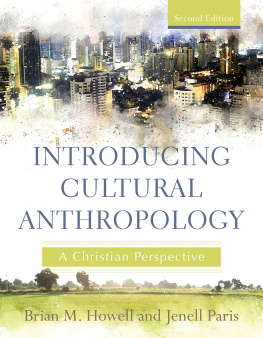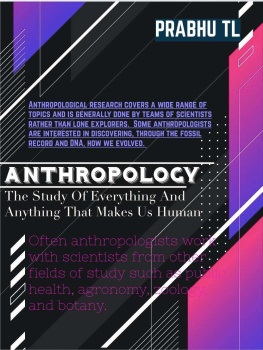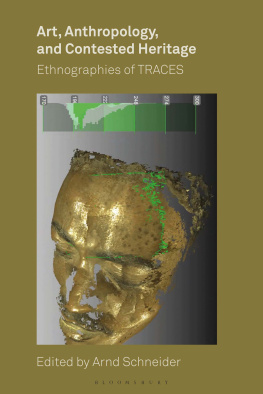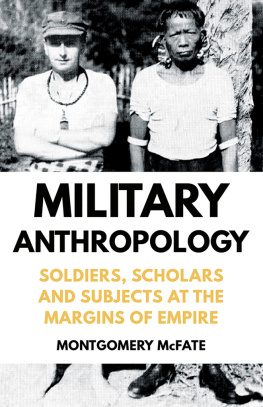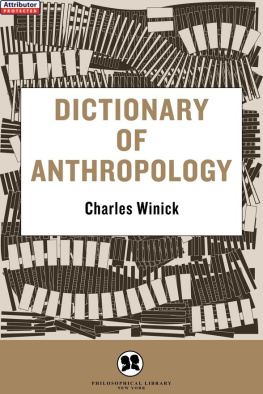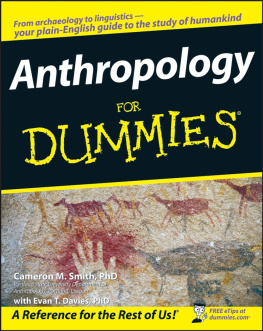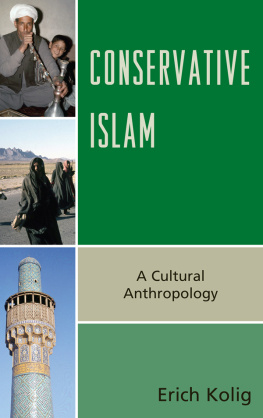Published by
World Scientific Publishing Co. Pte. Ltd.
5 Toh Tuck Link, Singapore 596224
USA office: 27 Warren Street, Suite 401-402, Hackensack, NJ 07601
UK office: 57 Shelton Street, Covent Garden, London WC2H 9HE
Library of Congress Cataloging-in-Publication Data
Names: Hyndman, David, author. | Flower, Scott, author.
Title: The crisis of cultural intelligence : the anthropology of civil-military operations /
David Hyndman, Scott Flower.
Description: New Jersey : World Scientific, [2018] |
Includes bibliographical references and index.
Identifiers: LCCN 2018025076 | ISBN 9789813273634 (hardcover)
Subjects: LCSH: Civil-military relations. | Counterinsurgency. |
Ethnology--Military aspects. | Political anthropology.
Classification: LCC JF195 .H96 2018 | DDC 322/.5--dc23
LC record available at https://lccn.loc.gov/2018025076
British Library Cataloguing-in-Publication Data
A catalogue record for this book is available from the British Library.
Copyright 2019 by the Authors
All rights reserved.
For any available supplementary material, please visit
https://www.worldscientific.com/worldscibooks/10.1142/11082#t=suppl
Desk Editor: Karimah Samsudin
Typeset by Stallion Press
Email:
Printed in Singapore
CHAPTER
Cultural Research in ABCA Armies CivilMilitary Operations
Introduction
Civil and military organisations have typically attempted to understand the contemporary cultural environment of conflict zones through drawing on the expertise of anthropologists. There are only a small number of studies that examine current uses of anthropology (as a discipline) for civilmilitary purposes. The publication of the Counterinsurgency Manual (2006, 2014) galvanised debate over anthropology and the security state. More recently, anthropologists have addressed the increasing convergence and cooperation between civil/humanitarian and military organisations, and the role of anthropology and anthropologists across the gamut of military and humanitarian emergencies and interventions, such as: Anthropology and Global Counterinsurgency (Kelly et al., 2010), The New Imperialism: Militarism, Humanism and Occupation (Forte, 2011), Dangerous Liaisons (McNamara and Rubenstein, 2011), Anthropologists in the Securityscape (Albro et al., 2012), Peacekeeping under Fire (Rubenstein, 2008), Humanitarians in Hostile Territory (Van Arsdale and Smith, 2010), and Contemporary States of Emergency: The Politics of Military and Humanitarian Interventions (Fassin and Pandolfi, 2010).
Within the discipline of anthropology itself, proponents of the debate initially focussed on Americas efforts to militarise and weaponise the discipline through the Human Terrain System (HTS), such as: Weaponizing Anthropology (Price, 2011), and American Counterinsurgency: Human Science and Human Terrain (Gonzalez, 2009). Within the ABCA Armies, Kirke (2005) has studied anthropology from inside the British Army culture and has taken an ethnographic approach to understanding authenticity (Kirke, 2009). Kirke (2010) has also argued that social psychology is more informative than culture for understanding cohesion in the British Army. Elsewhere in the ABCA Armies, Fosher (2013) has considered the practice of anthropology within the American Army.
CivilMilitary Armed Conflict, Disaster Management, and Interventionism
The guiding principle of civilmilitary management is to strengthen a culture of multi-agency collaboration. Advancing multi-agency, whole of government coordination enhances civilmilitary capabilities for armed conflict and disaster management. Armed conflict between states has diminished since World War II, while intrastate armed conflict has increased. There are fewer challenges inherent in disasters than in responding to armed conflict. Host governments make early requests for assistance following a disaster, but less so for armed conflicts. Civilmilitary armed conflict prevention and peacemaking is ideally followed by peacekeeping and peacebuilding. Defence predominates in the armed conflict phase, with multi-agency, whole of government coordination occurring in the post-ceasefire and peace phases. Civilmilitary operations are rarely undertaken unilaterally and include host states, multinational coalitions, and UN missions. The culture of civilmilitary multiagency collaboration enhances the management of armed conflicts and disasters (Asia Pacific CivilMilitary Centre of Excellence, 2010).
The vogue for thick descriptions and blurred genres in postmodern anthropology acted to depoliticise knowledge, and to shut and block out the clamour of voices from nations on the outside asking for their claims about empire, domination, and armed conflict to be considered (Said, 2001). As military campaigns shifted away from war between states to civilmilitary occupations of regions identified as tribal and Indigenous, the ABCA Armies sought anthropological knowledge to understand the shifting characteristics of enemies and inform engagement with such adversaries (Price, 2011: 3).
Internationalised intrastate armed conflicts and disasters in the early 21st century have become embedded in the same global logic of interventionism, which is based on the temporality of emergency and the conflation of military and humanitarian operations used to justify a state of exception (Fassin and Pandolfi, 2010). The urgency of the situation and the danger to victims from war and disaster justify the exception of intervention. The principle of intrastate internationalised intervention constitutes an important political innovation of the early 21st century, namely a break with the doctrine of sovereignty. Following World War II, the UN Charter was based on the principle of sovereign equality of its members (Article 2-1) and proscribed intervention in matters which are essentially within the domestic jurisdiction of any state (Article 2-7). Decolonisation established the sovereignty of colonised peoples and their right to self-determination in conflict with the sovereignty of colonising states. Military and humanitarian actors structurally placed themselves under the same state of exception. Humanitarianising interventions naturalise conflicts, as if military operations did not originate in the defence of the interests of the state conducting them. Military resources of the interveners are much greater than those of the belligerents located in nation-against-state conflicts. Contemporary counterinsurgency operations and civilmilitary interventions in natural and human emergencies is still the law of the strongest. Given the need to ensure the imbalance between the actors involved, it has been the ABCA Armies, sometimes with NATO militaries of Western European countries, which have intervened in regions where economic and strategic issues have been at stake. However enveloped in humanitarian morality, interventions often involve a degree of coercion reflective of the existing power inequalities between interveners and intervenees (Fassin and Pandolfi, 2010).


